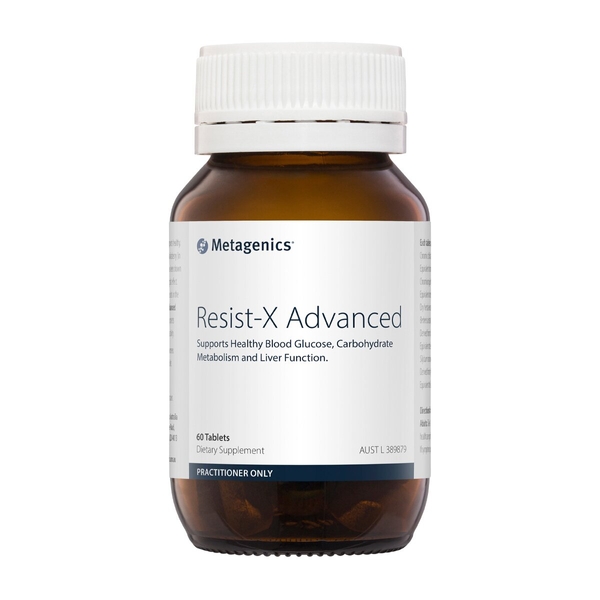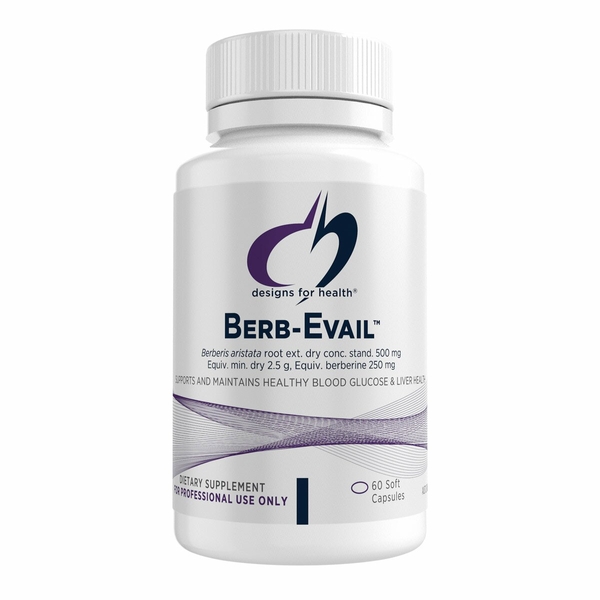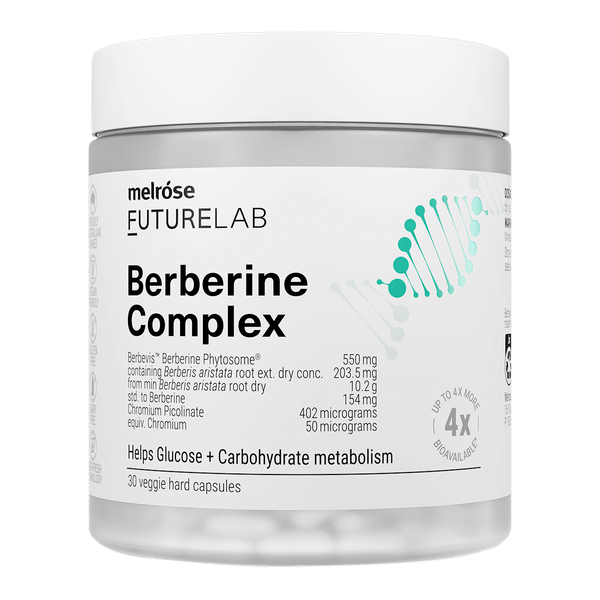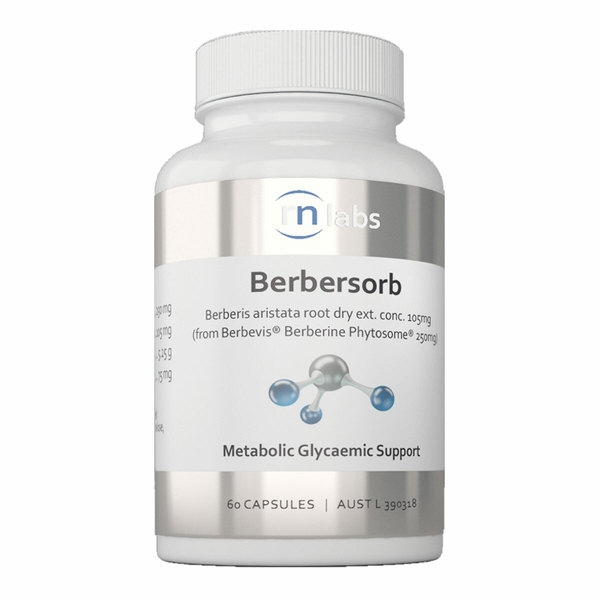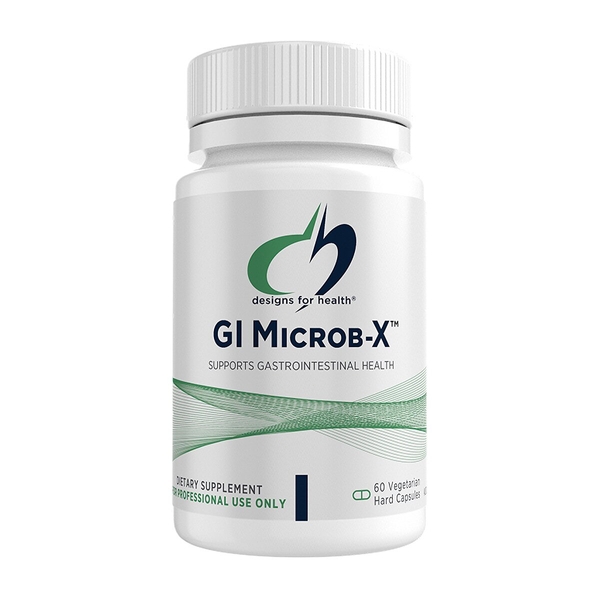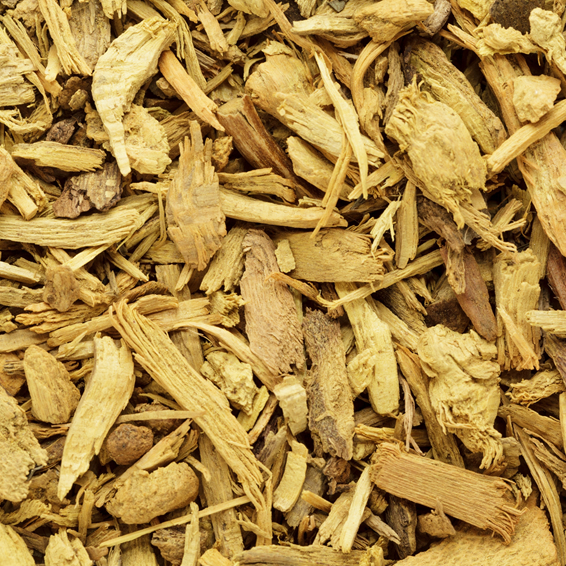
Background
The chemicals in tree turmeric might reduce blood sugar and cholesterol levels. Tree turmeric is widely used in Ayurveda and traditional Chinese medicine.
People use tree turmeric for diabetes, high cholesterol, burns, and many other conditions, but there is no good scientific evidence to support these uses.
Do not confuse Tree turmeric with Turmeric (Curcuma longa). These are not the same plant.
Safety Safety definitions
Special Precautions & Warnings:
Pregnancy: It's likely unsafe to use tree turmeric while pregnant. It contains a chemical called berberine, which can cross the placenta and might cause harm to the fetus. Kernicterus, a type of brain damage, has developed in newborn infants exposed to berberine.Breast-feeding: It's likely unsafe to use tree turmeric while breast-feeding. The berberine in tree turmeric can be transferred to the infant through breast milk, and it might cause harm.
Children: Tree turmeric is likely unsafe to give to newborn infants by mouth. It contains a chemical called berberine which can cause kernicterus, a rare type of brain damage. There isn't enough reliable information to know if berberine is safe for older children.
High bilirubin levels in the blood in infants: Tree turmeric may keep the liver from removing bilirubin fast enough. This can cause brain problems, especially in infants with high levels of bilirubin in the blood. Avoid using.
Effectiveness
Dosing & administration
Interactions with pharmaceuticals
Cyclosporine (Neoral, Sandimmune)
Interaction Rating=Major Do not take this combination.
Tree turmeric might decrease how fast the body breaks down cyclosporine. This might increase the amount of cyclosporine in the body and increase the risk for side effects.
Dextromethorphan (Robitussin DM, others)
Interaction Rating=Moderate Be cautious with this combination.
Tree turmeric might decrease how quickly the body breaks down dextromethorphan. Taking tree turmeric while taking dextromethorphan might increase the effects and side effects of dextromethorphan.
Medications changed by the liver (Cytochrome P450 2C9 (CYP2C9) substrates)
Interaction Rating=Moderate Be cautious with this combination.
Some medications are changed and broken down by the liver. Tree turmeric might change how quickly the liver breaks down these medications. This could change the effects and side effects of these medications.
Medications changed by the liver (Cytochrome P450 2D6 (CYP2D6) substrates)
Interaction Rating=Moderate Be cautious with this combination.
Some medications are changed and broken down by the liver. Tree turmeric might change how quickly the liver breaks down these medications. This could change the effects and side effects of these medications.
Medications changed by the liver (Cytochrome P450 3A4 (CYP3A4) substrates)
Interaction Rating=Moderate Be cautious with this combination.
Some medications are changed and broken down by the liver. Tree turmeric might change how quickly the liver breaks down these medications. This could change the effects and side effects of these medications.
Medications for diabetes (Antidiabetes drugs)
Interaction Rating=Moderate Be cautious with this combination.
Tree turmeric might lower blood sugar levels. Taking tree turmeric along with diabetes medications might cause blood sugar to drop too low. Monitor your blood sugar closely.
Medications for high blood pressure (Antihypertensive drugs)
Interaction Rating=Moderate Be cautious with this combination.
Tree turmeric might lower blood pressure. Taking tree turmeric along with medications that lower blood pressure might cause blood pressure to go too low. Monitor your blood pressure closely.
Medications that slow blood clotting (Anticoagulant / Antiplatelet drugs)
Interaction Rating=Moderate Be cautious with this combination.
Tree turmeric might slow blood clotting. Taking tree turmeric along with medications that also slow blood clotting might increase the risk of bruising and bleeding.
Midazolam (Versed)
Interaction Rating=Moderate Be cautious with this combination.
Tree turmeric can decrease how quickly the body breaks down midazolam. Taking tree turmeric along with midazolam might increase the effects and side effects of midazolam.
Pentobarbital (Nembutal)
Interaction Rating=Moderate Be cautious with this combination.
Pentobarbital is a medication that can cause sleepiness. Tree turmeric might also cause sleepiness and drowsiness. Taking tree turmeric with pentobarbital might cause too much sleepiness.
Sedative medications (CNS depressants)
Interaction Rating=Moderate Be cautious with this combination.
Tree turmeric might cause sleepiness and slowed breathing. Some medications, called sedatives, can also cause sleepiness and slowed breathing. Taking tree turmeric with sedative medications might cause breathing problems and/or too much sleepiness.
Tacrolimus (Prograf)
Interaction Rating=Major Do not take this combination.
Tree turmeric might decrease how quickly the body removes tacrolimus. This might increase the effects and side effects of tacrolimus.
Interactions with herbs & supplements
Herbs and supplements that might lower blood sugar: Tree turmeric might lower blood sugar. Taking it with other supplements with similar effects might lower blood sugar too much. Examples of supplements with this effect include aloe, bitter melon, cassia cinnamon, chromium, and prickly pear cactus.
Herbs and supplements that might slow blood clotting: Tree turmeric might slow blood clotting and increase the risk of bleeding. Taking it with other supplements with similar effects might increase the risk of bleeding in some people. Examples of supplements with this effect include garlic, ginger, ginkgo, nattokinase, and Panax ginseng.
Herbs and supplements with sedative properties: Tree turmeric might cause sleepiness and slowed breathing. Taking it along with other supplements with similar effects might cause too much sleepiness and/or slowed breathing in some people. Examples of supplements with this effect include hops, kava, L-tryptophan, melatonin, and valerian.
Probiotics: Tree turmeric might kill certain probiotic bacteria. Some foods, such as yogurt, miso, kimchi, and many others, contain probiotic bacteria. If taken together, tree turmeric might reduce how well probiotic-containing foods work.

